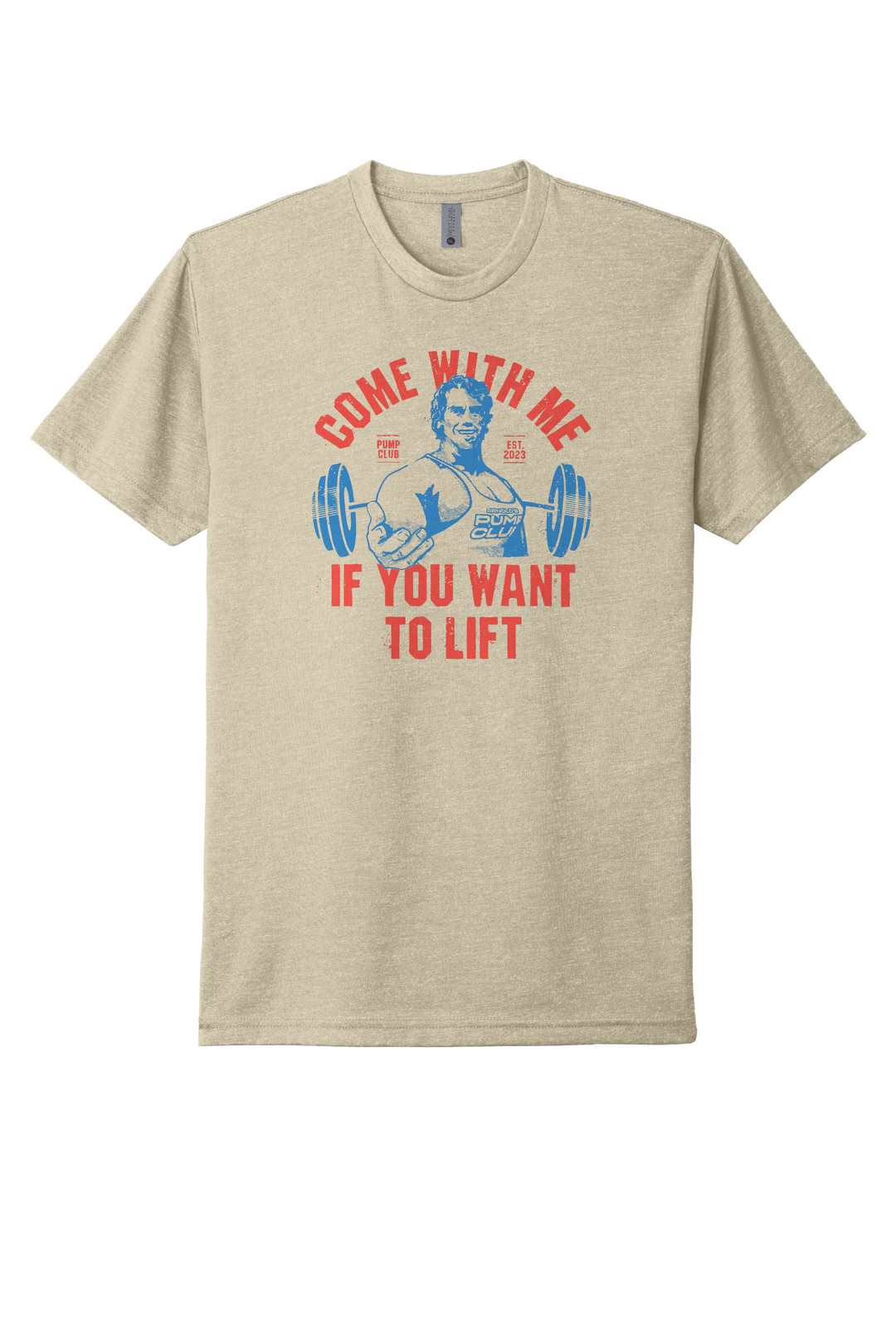Welcome to the positive corner of the internet. Here’s a daily digest designed to make you healthier in less than 5 minutes. If you were forwarded this message, you can get the free daily email here.
Today’s Health Upgrade
Vitamin D(ementia)
Mind Games
In Control of Portion Control
Arnold’s Podcast
Motivation every day. Want Arnold to help you start your day? Each morning, we post a new podcast with tips you’ll find in the daily email and bonus stories, wisdom, and motivation from Arnold. Listen to Arnold's Pump Club podcast. It's like the daily newsletter but with additional narration and thoughts from Arnold. You can subscribe on Apple, Spotify, Google, or wherever you listen to podcasts.
Vitamin D(ementia)
Most claims about vitamins are overblown and overstated. Just yesterday, we shared that while multivitamins might not offer many benefits for everyone, it might be a good idea to add them at a certain age. But sometimes, the potential upside of a vitamin might be worth the relatively low downside.
A recent study examining more than 12,000 people over ten years found that vitamin D supplementation was associated with living longer without dementia and a lower risk of developing dementia.
Dementia is a condition associated with a general decline in cognition past what would normally occur with age, including memory, behavior, and emotional regulation issues.
While there’s always research being done to understand this complicated health issue and its associated conditions, supplementation was associated with five additional years of life without dementia and a 40 percent decreased risk of dementia. The effect was stronger for women than men and people with no cognitive issues than people with mild cognitive impairment.
However, people with the APOE ε4 allele, a gene linked to an increased risk of dementia, did not see a significant benefit from the vitamin D supplementation. The researchers believe this simply shows that more Vitamin D does not help you overcome a higher genetic risk.
While this study is promising, more research is needed to establish a direct cause-and-effect relationship between vitamin D and dementia risk and determine the optimal dose of vitamin D for dementia prevention. However, given the low risk of Vitamin D, it might be a good addition to your daily routine. Or, do your best to get about 15 minutes of sunshine per day, which gives you a natural source of Vitamin D.
Mind Games
Wouldn't it be amazing if a simple practice could improve your sleep without any pills that made you groggy the following day? According to a new meta-analysis, mindfulness might be the answer to a better night of rest.
Researchers analyzed multiple studies on mindfulness-based interventions on cognitive function and sleep quality. The results revealed some incredible benefits.
Participants who practiced mindfulness reported improvements in both the duration and quality of their sleep. They experienced fewer sleep disturbances, fell asleep faster, and woke up feeling more refreshed.
This could be because mindfulness has been shown to reduce stress and anxiety and increase relaxation and self-compassion. All these might put you in a better headspace for a good night's rest.
Try simple techniques like body scanning, breath awareness, or even mindful walking to start incorporating mindfulness into your daily routine. These practices can be done for just a few minutes before you go to bed and can significantly impact your sleep quality.
To start practicing the body scan, find a comfortable position in your bed. Close your eyes and take a few deep breaths to relax your body and mind. Begin by bringing your attention to your toes. Notice any sensations you feel—tingling, warmth, or tension. Slowly move your attention up your body, one body part at a time, observing any sensations without judgment. With each body part, release any tension you may be holding and allow yourself to relax further. By bringing awareness to your body and letting go of any tension, you're setting the stage for a restful night's sleep.
In Control Of Portion Control
Ever wonder why you sometimes struggle to control your portion sizes? A recent study might shed some light on that.
If you want to feel full and eat less, limit the ultra-processed foods you consume.
The study aimed to investigate the effects of different dietary patterns on meal intake by analyzing the relationship between what you eat and how quickly you finish your food.
According to research, you’re more likely to overeat when the foods you eat have higher energy density (think foods loaded with calories that don’t feel like a large portion size), when you eat too quickly, and when hyper-palatable food is available.
To put it into perspective, imagine being at a buffet. If the foods are highly palatable, like rich desserts or fried treats, it's easier to eat more of them, and as a result, consume more energy. Additionally, if you eat quickly without giving your body time to register fullness, you're more likely to exceed your intended portion sizes.
These things are important to keep in mind because sometimes you eat the right foods. But, if you eat too quickly or get those calories from ultra-processed foods, you might still feel hungry and then continue eating because you assume your body needs more calories. In reality, the calories you ate weren’t doing their job.
As we shared previously, research suggests the more whole foods you consume, the fewer calories your body appears to absorb. So, if you struggle to control your hunger or manage your weight, simply eating fewer ultra-processed foods and taking 20 minutes (or more) to eat your meal can put you back in control. If you need a simple guide to eating and reducing ultra-processed foods without stressing everything you put in your mouth, check out this book.
Research suggests that up to 40 percent of the calories you overeat result from ultra-processed foods. By choosing lower energy-density foods and eating at a slower pace, you can help your body be healthier and feel in control of your hunger.
—
Publisher: Arnold Schwarzenegger
Editors-in-chief: Adam Bornstein and Daniel Ketchell
























































